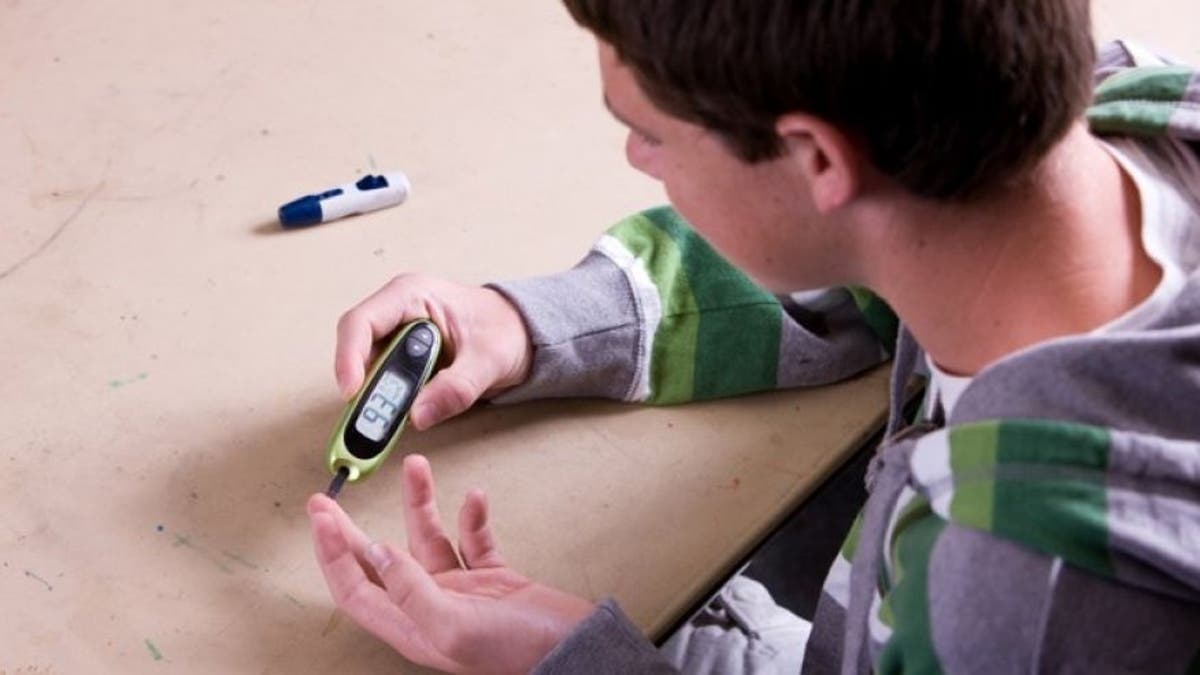
Teens who sleep less than eight hours at night are more likely to have fat around the midsection and to be resistant to insulin, which can eventually lead to type 2 diabetes, according to a new study.
"There are several studies in adults showing a close relationship between sleep deprivation and increased cardiovascular risk factors, including increased prevalence of obesity and diabetes," said senior author Dr. Bruno Geloneze of the Laboratory of Investigation on Metabolism and Diabetes at the University of Campinas in Sao Paolo, Brazil.
"In our study we can demonstrate an increase in insulin resistance independently of the presence of obesity suggesting an intrinsic mechanism connecting sleep deprivation and metabolic derangement," he said.
Insulin produced by the pancreas helps control the amount of sugar in the blood. In so-called insulin resistance, the body doesn't respond normally to insulin and sugar builds up in the blood.
A chronic reduction of two hours of sleep a day is enough to decrease insulin sensitivity, Geloneze told Reuters Health by email.
The researchers used data collected between 2011 and 2014 from 615 youngsters, ages 10 to 19.
Researchers measured weight, height, blood pressure and other metrics. Teens self-reported their nightly sleep patterns, and 81 of the teens underwent an additional two-hour insulin sensitivity test.
On average the teens reported sleeping 7.9 hours per night. The 257 teens who slept less than eight hours per night tended to be slightly older, to have a higher weight relative to their height, and a larger waist and neck circumference, compared to those who slept more, as reported in JAMA Pediatrics.
Those who slept less also were less sensitive to insulin than those who slept more.
"The findings are consistent with existing epidemiologic studies examining associations between sleep duration and obesity in children and young adults," said Eve Van Cauter of the Sleep, Metabolism and Health Center at the University of Chicago.
The study took place at one point in time so it can't prove that getting less sleep caused insulin resistance, but "sleep deprivation could lead to insulin resistance because of a dysregulation of appetite, leading to weight gain," Van Cauter told Reuters Health by email.
"Obesity is the major cause of insulin resistance," Van Cauter said. "Insulin resistance could also result from an activation of stress-responsive pathways which tend to antagonize the action of insulin."
Sleep need varies with age, sex and stage of sexual maturity but most adolescents and young adults need nine to 10 hours of sleep, she said.
Parents can help teens get more sleep by restricting "screen time" and use of electronic devices in the evening, keeping the bedroom for sleeping, discouraging doing homework and other activities in bed and encouraging outdoor activities and physical exercise during the daytime, she said.
